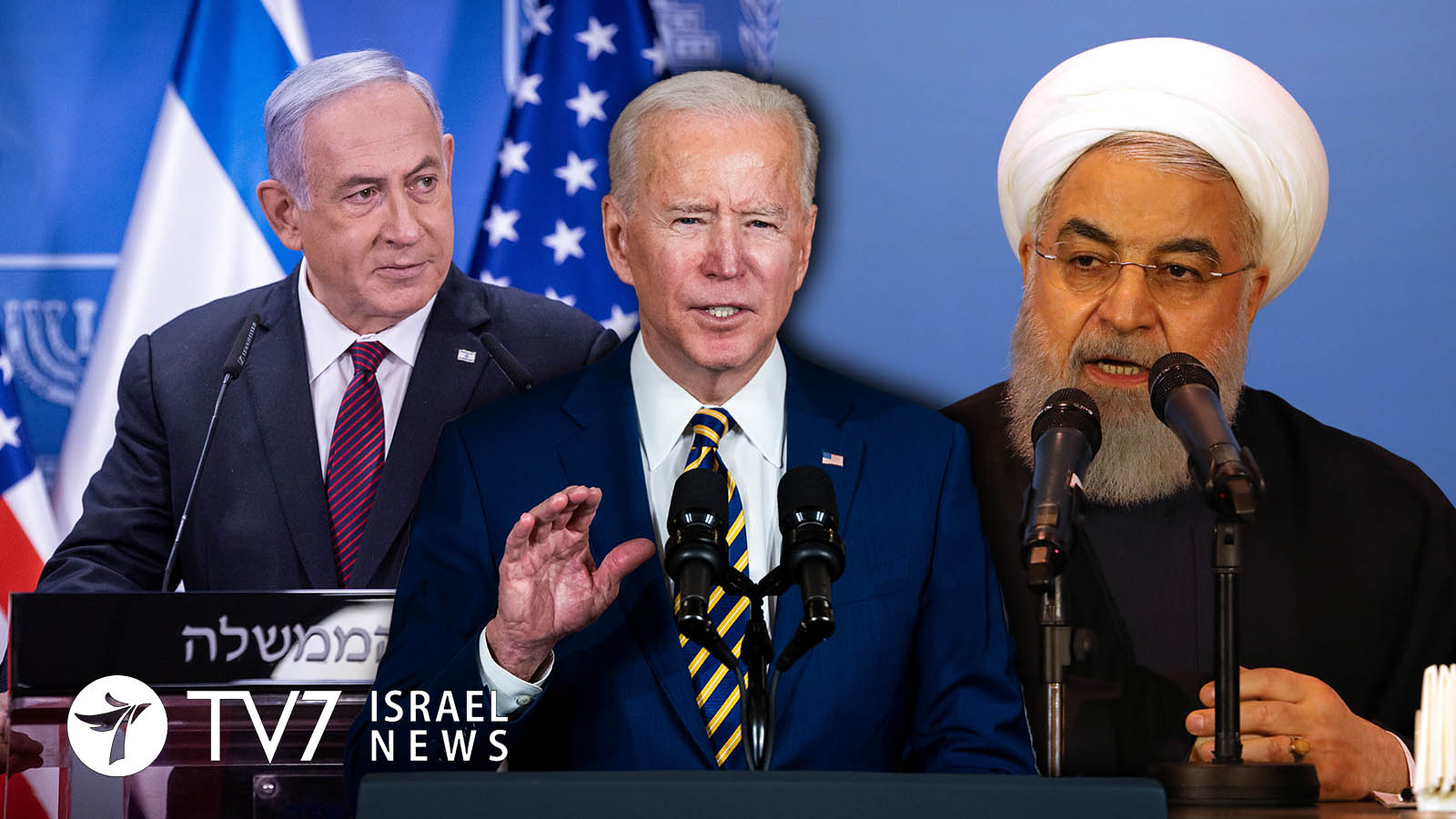The White House is “concerned” about Iran’s “provocative” announcement that it would begin enriching uranium to 60% purity, Press Secretary Jen Psaki said on Tuesday.
Iran made the announcement after accusing Israel of sabotaging the key Natanz nuclear site on Sunday.
Iranian President Hassan Rouhani vowed to avenge the attack during a televised cabinet meeting this morning, clearly stating that “Our response to their malice is replacing the damaged centrifuges with more advanced ones and ramping up the enrichment to 60% at the Natanz facility.”
Psaki called Iran’s announcement “provocative” and said the Biden administration was concerned, adding that it called into question Tehran’s seriousness on nuclear talks.
Iran’s latest violation of the 2015 Joint Comprehensive Plan of Action (JCPOA) comes just before tomorrow’s slated resumption of talks in Vienna aimed at reviving the deal, that had been fiercely opposed by Israel and abandoned 3 years ago by former United States President Donald Trump.
Last week, Iran and the global powers held what they described as “constructive” talks to salvage the accord, which unraveled as Tehran consistently breached its limits on uranium enrichment since being hit by re-imposed harsh US sanctions.
The JCPOA capped the level of purity to which Iran can enrich uranium hexafluoride for centrifuges at 3.67%. In a significant step towards weapons-grade, the Ayatollah regime raised enrichment to 20% purity in January 2020.
Jerusalem has long rejected Tehran’s assertion that it is not pursuing development of nuclear weapons, and views all nuclear activity in the Islamic Republic as an existential threat.
Iranian Foreign Minister Mohammad Javad Zarif branded the Natanz incident as a “very bad gamble” by Israel, that he said would only boost his country’s leverage in the Vienna talks. He also pledged, “I assure you that in the near future more advanced uranium enrichment centrifuges will be placed in the Natanz facility.”
US President Joe Biden has previously insisted that Iran must resume full compliance with curbs on its enrichment activity mandated by the JCPOA before Washington can lift sanctions or rejoin the pact.
Meanwhile, US National Security Advisor Jake Sullivan reaffirmed the Biden administration’s “unwavering commitment to Israel’s security and to ensuring that Iran will never obtain a nuclear weapon” during yesterday’s virtual meeting of a US-Israel strategic consulting group, according to a White House statement.
Those US vows immediately follow the first visit to Israel by a senior official of the administration of US President Joe Biden. US Defense Secretary Lloyd Austin spent 2 days holding high-level talks with Israeli leaders earlier this week, where he gave his “personal pledge to strengthening Israel’s security and ensuring Israel’s qualitative military edge.” The Pentagon chief also stated that, “The close and strong ties that we enjoy with Israel are central to regional stability and security in the Middle East, and we both agree that we must continue to work closely together to enhance the U.S.-Israel strategic partnership. And so, we discuss ways to deepen and expand our long-standing defense relationship in the face of regional threats and other security challenges.”
This, as the Biden administration announced its decision to advance $23 billion in weapons sales to the United Arab Emirates, including advanced F-35 aircraft, armed drones and other equipment.
The arms deal was linked to the Abraham Accords Israel signed in 2020with 4 Arab states, who share concerns over malign Iranian actions in the region.
US President Joe Biden has also confirmed that he will address a joint session of Congress on April 28 to mark 100 days in office, in which he is likely to address the nuclear situation with Iran in addition to other daunting international and domestic challenges.
Biden called on Russian President Vladimir Putin on Tuesday yesterday, marking only the second conversation between the two since Biden took office in January.
The White House said in a statement that the American leader reaffirmed a goal to build “a stable and predictable relationship” with Russia, and that a meeting with his counterpart in the coming months could address “the full range of issues” facing the two world powers.”
In its account of the conversations, the Kremlin said Biden told Putin he wanted to normalize relations and to cooperate on several critical matters including Iran’s nuclear program.
France revealed it is coordinating a response with world powers over the Iranian 60% uranium enrichment decision.
French President Emmanuel Macron described Tehran’s move as a “serious” development” that should be addressed with the US and the remaining parties to the 2015 nuclear deal – Germany, the United Kingdom, the European Union, China and Russia.
